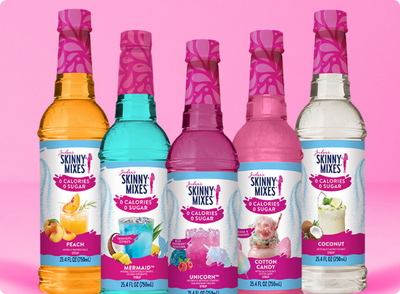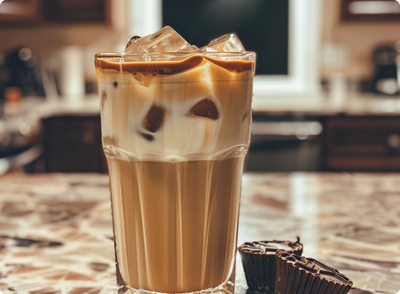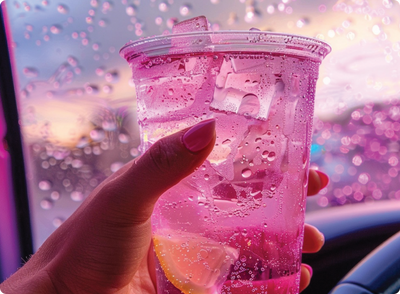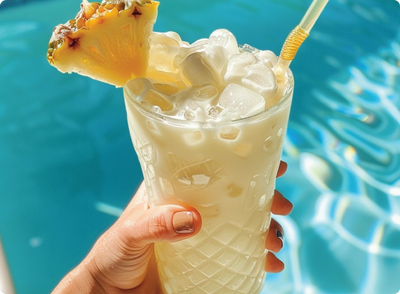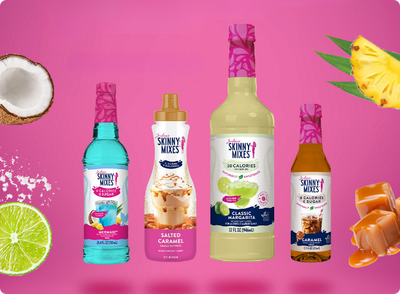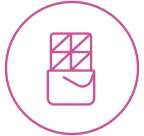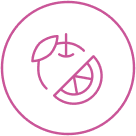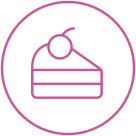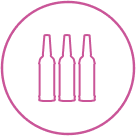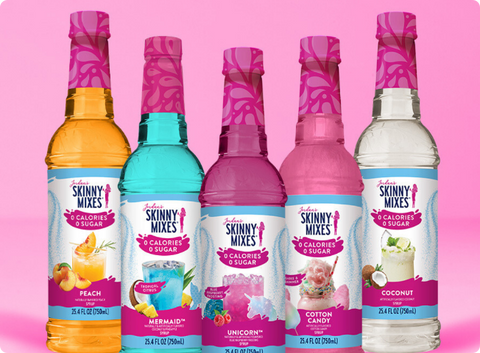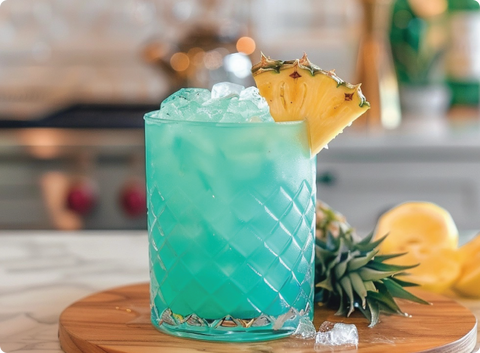What Counts Towards Your Water Intake?
Water is essential for our bodies to function properly, but many people struggle to drink enough of it. The question of what counts as water intake per day can be a bit complicated, as there are many beverages and foods that can contribute to our daily hydration needs. In this article, we'll explore what counts towards your water intake and how much we should aim to drink each day.
First of all, it's important to note that water is the best beverage for hydration. It's calorie-free, sugar-free, and easily accessible. However, other beverages can also contribute to our daily hydration needs. Unsweetened tea, coffee, and milk are all hydrating beverages. While they do contain some calories and/or caffeine, they can still be counted as part of your daily water intake. Just be mindful of added sugar in flavored coffee or tea drinks, as they can contribute to excess calories and potentially negative health effects.
In addition to beverages, certain foods can also contribute to our daily water intake. Fruits and vegetables, in particular, are high in water content and can help keep us hydrated. Some examples of high-water-content fruits and vegetables include watermelon, cucumber, strawberries, and lettuce. In fact, it's estimated that about 20% of our daily water intake comes from food.
So, how much water should we aim to drink each day?
The general recommendation is to drink 8 glasses of water per day, which is equivalent to about 2 liters or half a gallon. However, this recommendation may not be suitable for everyone. Factors such as age, weight, activity level, and climate can all impact how much water we need. As a starting point, some experts recommend drinking half your body weight in ounces of water per day. For example, if you weigh 150 pounds, you would aim to drink 75 ounces (about 2.2 liters) of water per day.
It's also important to spread out your water consumption throughout the day. Drinking a lot of water at once can overwhelm your kidneys and potentially lead to water intoxication. Aim to drink water consistently throughout the day, and listen to your body's signals of thirst. If you feel thirsty, drink water. Additionally, it's important to increase your water intake when you are physically active, as you'll be losing water through sweat.
Is zero sugar flavored water good for you?
Zero sugar flavored water has become increasingly popular as a healthier alternative to sugary beverages. It can be a good choice for those looking to reduce their sugar intake or manage their weight. As with any food or beverage, it's best to read the labels, be mindful of your overall diet, and consider individual preferences and sensitivities when deciding if zero sugar flavored water is a good choice for you.
In summary, what counts as water intake per day includes not only plain water, but also other hydrating beverages and foods. Unsweetened tea, coffee, and milk can contribute to hydration needs, as can fruits and vegetables with high water content. The general recommendation is to aim for 8 glasses of water per day, but individual needs may vary based on factors like age, weight, activity level, and climate. It's important to spread out your water consumption throughout the day and listen to your body's signals of thirst. Keep at those #WaterGoals!
